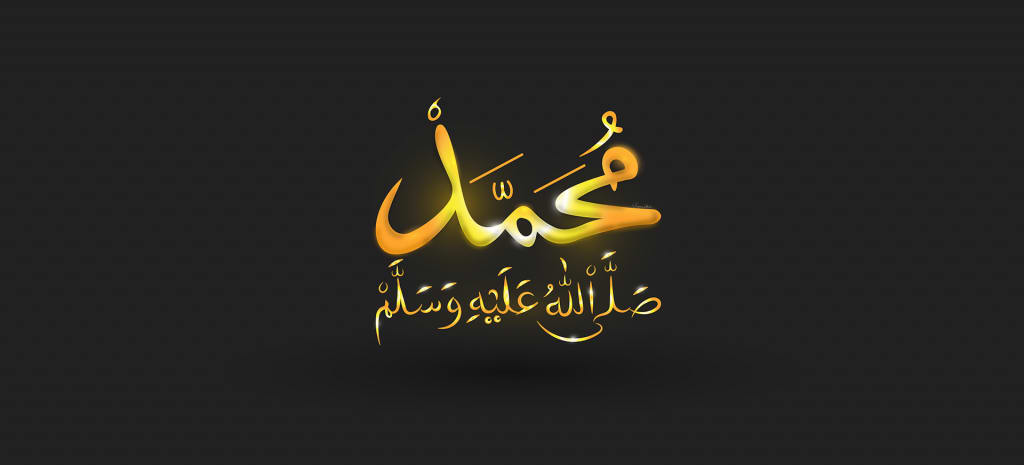The Perfect Human: Muhammad (PBUH) – An Exemplar of Virtue and Guidance
The Perfect Human:

In the annals of history, certain individuals stand out as paragons of virtue, wisdom, and guidance. Among them, Prophet Muhammad (peace be upon him), the founder of Islam, occupies a unique and revered position. Revered by over a billion Muslims worldwide, he is regarded as the perfect example of humanity, embodying the highest ideals of compassion, justice, and piety. In this comprehensive exploration, we delve into the life, teachings, and legacy of Prophet Muhammad, shedding light on his profound impact on the world and his enduring relevance as a beacon of moral excellence and spiritual guidance.
Introduction: Understanding the Significance of Prophet Muhammad
At the heart of Islam lies the profound belief in the prophethood of Muhammad, who is revered as the final messenger sent by God to guide humanity towards righteousness and salvation. Born in the Arabian city of Mecca in the year 570 CE, Muhammad's life unfolded against the backdrop of a society plagued by ignorance, idolatry, and moral decay. Yet, through his unwavering commitment to divine revelation and his exemplary conduct, he transformed the Arabian Peninsula and laid the foundations for a global faith that would shape the course of history.
Early Life and Prophethood: The Call to Divine Mission
Muhammad's early life was marked by humility, integrity, and a deep sense of spirituality. Raised in the care of his grandfather and later his uncle, he earned a reputation as Al-Amin, the trustworthy, among the people of Mecca. His innate moral character and keen sense of justice set him apart from his peers, foreshadowing his future role as a guiding light for humanity.
At the age of 40, Muhammad received his first revelation from the Angel Gabriel while meditating in the Cave of Hira. Overwhelmed by the divine presence, he was entrusted with the task of delivering God's message to humanity and calling them to worship the One true God, Allah. Despite facing initial opposition and persecution from the Meccan elite, Muhammad remained steadfast in his mission, guided by his unwavering faith and conviction in the truth of his message.
The Qur'an: A Divine Revelation and Moral Compass
Central to Muhammad's prophetic mission is the Qur'an, the holy scripture of Islam, believed to be the literal word of God as revealed to him over a period of 23 years. Through its timeless teachings and profound wisdom, the Qur'an serves as a comprehensive guide for humanity, addressing matters of faith, morality, law, and spirituality.
Muhammad's role as the recipient and guardian of the Qur'anic message underscores his status as a divine emissary and spiritual leader. His life exemplified the principles and values enshrined in the Qur'an, serving as a living embodiment of its teachings and a source of inspiration for generations to come.
The Seal of Prophethood: A Model of Moral Excellence
Throughout his life, Muhammad exemplified the highest standards of moral conduct, humility, and compassion. His interactions with friends, family, companions, and even adversaries were characterized by kindness, generosity, and forgiveness, earning him the title of "Rahmatan lil-Alamin" (Mercy to the Worlds).
As a leader, Muhammad governed with justice and equity, upholding the rights of the oppressed, promoting social welfare, and fostering a sense of community and solidarity among his followers. His teachings emphasized the importance of compassion, empathy, and respect for all members of society, regardless of their background or beliefs.
Legacy and Influence: A Global Phenomenon
Nearly 1,400 years after his passing, the legacy of Prophet Muhammad continues to reverberate across the globe, transcending geographical, cultural, and linguistic boundaries. His teachings have inspired countless individuals to strive for excellence in their personal and spiritual lives, fostering a sense of unity, brotherhood, and shared humanity among diverse communities.
Moreover, Muhammad's impact extends beyond the realm of religion, influencing fields as diverse as ethics, law, politics, literature, and art. His emphasis on justice, equality, and human rights laid the groundwork for the development of Islamic civilization and contributed to the advancement of knowledge, culture, and civilization.
Conclusion:
In a world beset by division, strife, and uncertainty, the life and teachings of Prophet Muhammad offer a timeless blueprint for moral conduct, spiritual enlightenment, and social harmony. By embodying the virtues of compassion, humility, and righteousness, we honor his legacy and strive to emulate his example in our daily lives.
As we reflect on the extraordinary life of Prophet Muhammad, let us draw inspiration from his unwavering commitment to truth, justice, and service to humanity. May his example serve as a guiding light for all those who seek to walk the path of righteousness and forge a more just, compassionate, and harmonious world for future generations to come.
About the Creator
Informative Blog
We have created this website to provide users or readers useful and authentic information about almost major topics and categories.






Comments
There are no comments for this story
Be the first to respond and start the conversation.